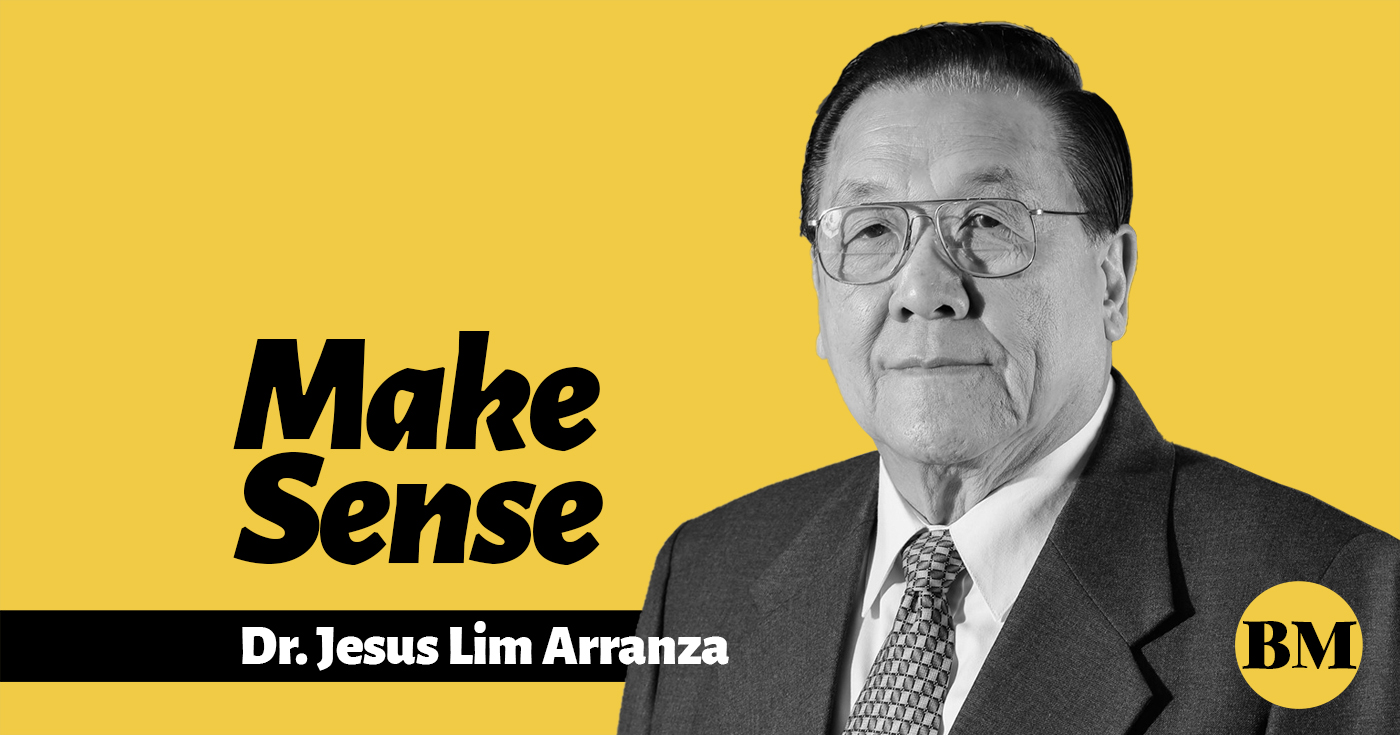
“Mr. Chair,
“The Philippines has a long history of development cooperation with UNDP. We value UNDP’s continued support for our government’s pursuit of inclusive, sustainable and resilient development by eradicating poverty and promoting national stability and security. The support has been unfailing; and its particular emphasis today we also owe to UNDP. Development will not be sustainable if it is not inclusive; and it will not endure if it is not resilient to unavoidable stresses and shocks. So our gratitude is huge. But, because its merit has never been disputed—and what reason would there be for that?—it is largely ignored. Therefore, we take this opportunity to openly thank UNDP for all the good it has done.
“We welcome and support the UNDP Country Program Document (CPD) for the Philippines for the years 2019-2023. It is tightly aligned with the mid- and long-term development goals of the country, as detailed in the Philippine Development Plan 2017-2022 and Ambisyon Natin—Our Ambition—2040. It is anchored in the 2030 Agenda for Sustainable Development, which profoundly informs our national planning. Not surprisingly our country has readily owned what it easily recognized as the very things our country seeks for itself.
“The CPD supports the strengthening of democratic institutions and government effectiveness—to keep the state acutely responsive to changing needs. Hence the CPD mainstreams climate change adaptation and disaster mitigation. It assists the Philippine government in finding solutions to long-standing problems. I use “government” advisedly rather than governance, the now fashionable term for the vast responsibility that still devolves on the state, which has our taxes, and therefore the preponderance of resources to deliver on the reason government exists—at great expense and much waste we note. I will use “governance” when calling for the added enlistment of civil society so the public can pitch in in a sober and organized fashion. Thus the CPD highlights support for improved delivery of basic services and strengthening existing platforms by a wider public engagement. These are core interests of my country.
“This year is a critical and transformative year for the UN Development System. In repositioning the System, it is critical to ensure a smooth transition to avoid disrupting programs; thereby frustrating UN support to countries in accordance with their respective needs, priorities and capacities. Adequate and predictable core and non-core funding to help program countries implement the 2030 Agenda must be ensured. And we must turn to our respective governments for more funding. So we must all make a stronger argument for its need. Hiding UNDP’s light under a basket has kept everyone else in the dark about its indispensable role.
“Finally, Mr. Chair, we wish to thank UNDP Regional Director for Asia and the Pacific Mr. Haoliang Xu and his team for the extensive consultations with our lead agencies to ensure that the priorities in the CPD are nationally determined. Thank you.”
























